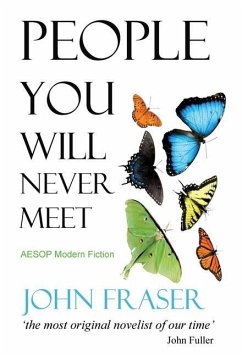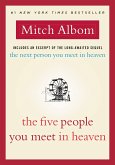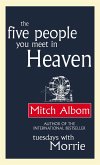John Fraser's latest work of fiction People You Will Never Meet consists of three thematically-linked trajectories. In the first, two Palestinians escape to humble, even humiliating work in Belgium. They manage to set themselves up as a think-tank above a public dance-hall, and their lives divide between the search for a lofty principle and the drinking and music in the floor below. The link between the levels is provided by a fussy, garrulous first-person narrator, whose own adventures turn out to signify little. There is a party, where the upper and lower worlds mingle, the protagonist dressed as moths and butterflies. The Palestinians move on - one to a ruined Syria, the other to frustration in Europe. The second tale involves a bright country girl, seduced by her teacher with aspirations to a powerful career. She seeks speed, which does not end well for her. In the final tale, the hero aims higher still - a project for the human species. This involves journeying through Eastern Europe, and its underground. Its climax is the burning of a stranger's house, and a long long wait for a slow train...








